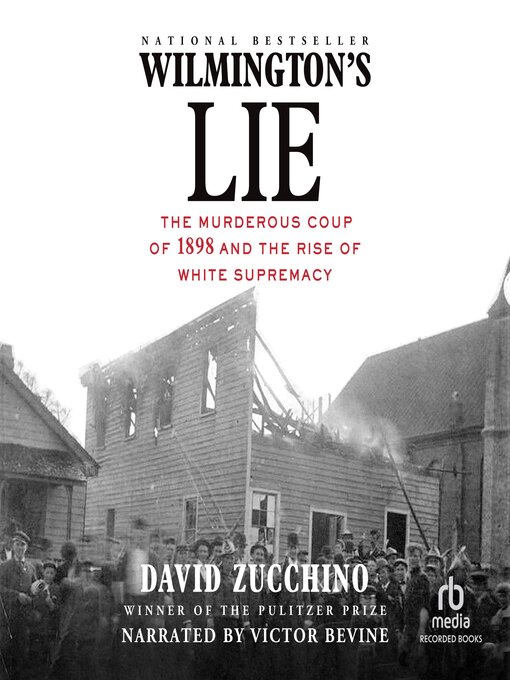- New ebook additions
- Available now
- Most popular
- New kids additions
- New teen additions
- Try something different
- See all
- New audiobook additions
- New kids additions
- New teen additions
- Most popular
- Available now
- Try something different
- See all
- MAGAZINES: CARS
- MAGAZINES: COOKING
- MAGAZINES: DESIGN
- MAGAZINES: FASHION
- MAGAZINES: GARDENING
- MAGAZINES: HEALTH & FITNESS
- MAGAZINES: MUSIC
- MAGAZINES: PHOTOGRAPHY
- MAGAZINES: SPORTS
- MAGAZINES: TECH
- News & Politics
- See all


